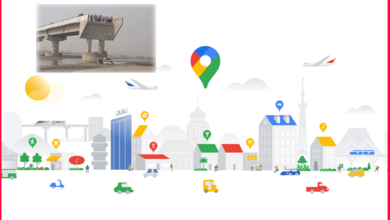Global Call for Stricter AI Regulations Amid Growing Concerns Over Cyber and Biological Threats

The United Nations, European Union, and OECD have expressed strong support for a report advocating the creation of laws to control artificial intelligence (AI), highlighting the risks of cyberattacks and biological threats posed by AI advancements. Ahead of an AI-focused conference in France on Sunday, experts from around the world called for stricter regulations to ensure that AI remains under human control and does not become a source of harm.
France took a strong stance at the conference, urging all countries, businesses, and AI-using companies worldwide to come together to establish global laws governing AI, with a commitment to enforce these regulations. France’s AI ambassador, Anne Bovéro, emphasized the importance of addressing not only the potential risks but also the beneficial and harmful aspects of AI, urging a balanced approach to the ongoing discourse.
In the United States, Max Tegmark, the head of the Future of Life Institute, stressed that France must not miss the opportunity to take action on this matter. The Institute supported the launch of a platform called Global Risk and AI Safety Preparedness (GRASP), which aims to map out solutions to the major risks associated with AI. GRASP coordinator, Cyrus Hodes, revealed that approximately 300 tools and technologies have been identified to tackle these threats.
The results of this initiative will be shared with the OECD, the club of wealthy nations, and the Global Partnership on Artificial Intelligence (GPAI), which includes about 30 countries, such as major European economies, Japan, South Korea, and the United States.
Last week, the first international AI safety report was presented, compiled by 96 experts and supported by 30 countries, the United Nations, the European Union, and the OECD. The report’s coordinator, renowned computer scientist Yoshua Bengio, warned that threats of cyberattacks or biological dangers through AI are becoming increasingly evident. Bengio, a 2018 Turing Award winner, expressed concerns that humanity may lose control over AI systems, which could pose an extremely dangerous scenario for the world.
Tegmark further referenced OpenAI’s Chatbot, GPT-4, noting that many once thought its proficiency in any language was a mere science fiction concept just six years ago, but it is now a tangible reality. The primary challenge now, according to Tegmark, is that governments in power still fail to understand that we are approaching the creation of Artificial General Intelligence (AGI), and the critical question remains: how will we control it?
The growing momentum for global AI regulations underscores the urgency of addressing AI’s potential risks while ensuring its benefits can be harnessed safely. As the technology rapidly evolves, the call for comprehensive governance and human oversight has never been more pressing.






